Real war on smog called for
Updated: 2015-11-16 07:34
(China Daily)
|
||||||||
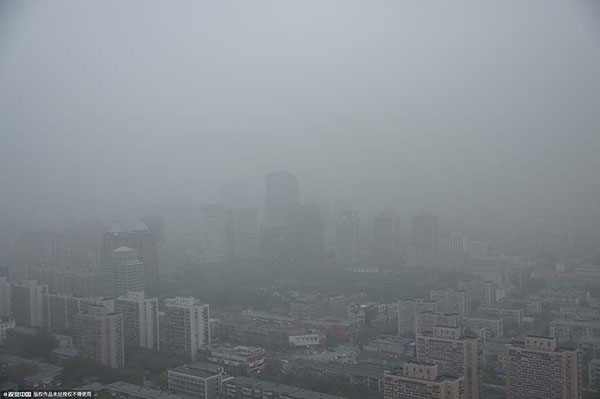 |
|
An aerial view of Beijing covered in haze, Nov 10, 2015. Northern China typically burns coal to heat homes in the winter, a practice that increases air pollution. [Photo/CFP] |
The concentrated supply of heating, the relatively heavy humidity in the air and unfavorable conditions for air circulation have combined to worsen the smog that has suffocated a vast swathe of China's northern and northeastern regions over the past week.
Data released by the Beijing Environment Monitoring Center on Sunday morning indicate that the PM2.5 density in Beijing's urban area reached 245 micrograms per cubic meter, while the PM2.5 density in Shenyang, capital of Liaoning province, was a shocking 1,400 micrograms per cubic meter a few days ago.
Even though the serious air pollution Beijing, Tianjin and some cities in Hebei province are suffering from has become a regular occurrence on the arrival of winter and is now expected by residents, the continuous and widespread smog over such a large part of the country for so many days has fueled public grievances and provoked serious concerns about its effect on people's health.
In Beijing, emergency plans are in place to deal with air pollution with corresponding countermeasures supposed to be launched in response to different severities of smog. But the general impression is the authorities always fail to take measures appropriate to the severity of the situation. And local governments in other regions are even more lax in trying to curb air pollution. Because of this, the announcements of strict-sounding measures by some local governments at times of severe air pollution are commonly regarded as empty gestures intended merely for show.
Local governments should put people's health first and take practical measures to curb pollution. Pledges of greater efforts should not be just lip service and the efforts should not be relaxed even at a time when the economy is slowing. People expect the regions in the north to take effective measures rather than just rely on the wind for good air quality.
- Locals have tradition of drying foods during harvest season
- Beijing-Tianjin-Hebei govts to cooperate on emissions control
- Web promotion of prostitution to be targeted
- Two more spells of smog predicted to sweep North China
- Glass bridge in grand canyon of Zhangjiajie under construction
- Road rage cases pose huge safety challenge

 Can Chinese ‘white lightning’ make it in US?
Can Chinese ‘white lightning’ make it in US?
 Gunmen go on a killing spree in Southern California
Gunmen go on a killing spree in Southern California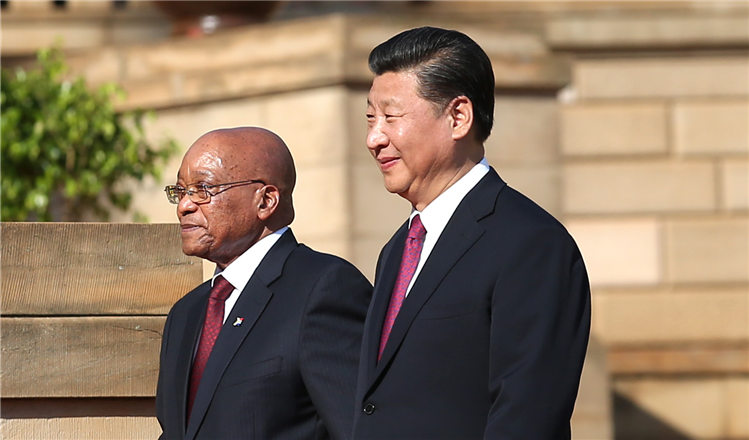
 Chinese, South African presidents hold talks to cement partnership
Chinese, South African presidents hold talks to cement partnership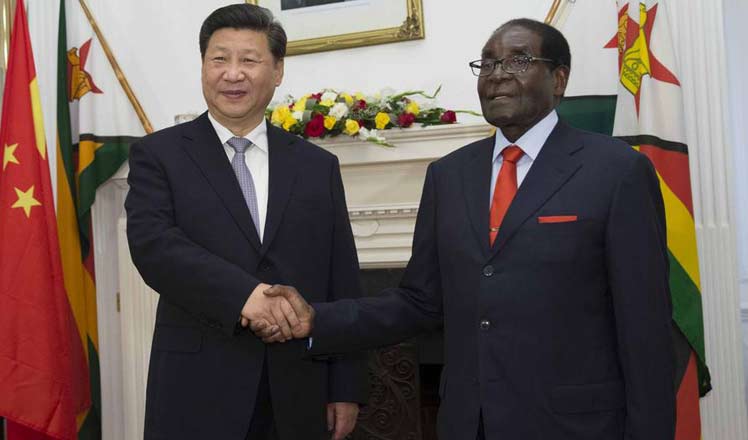
 China, Zimbabwe agree to boost cooperation
China, Zimbabwe agree to boost cooperation
 First lady visits Africa's 'new window' on China
First lady visits Africa's 'new window' on China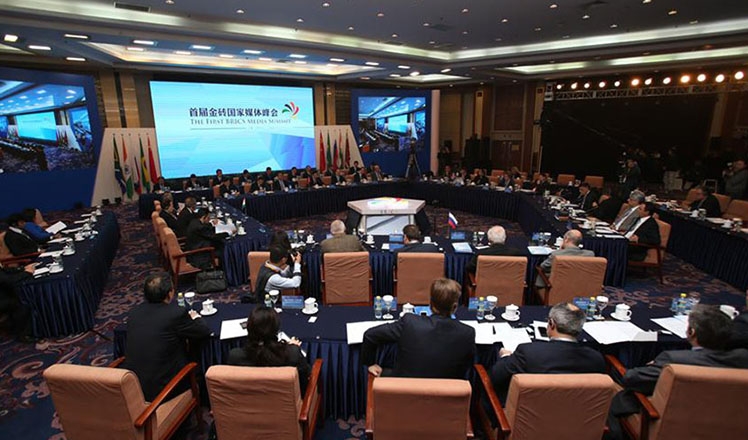
 BRICS media leaders to secure louder global voice
BRICS media leaders to secure louder global voice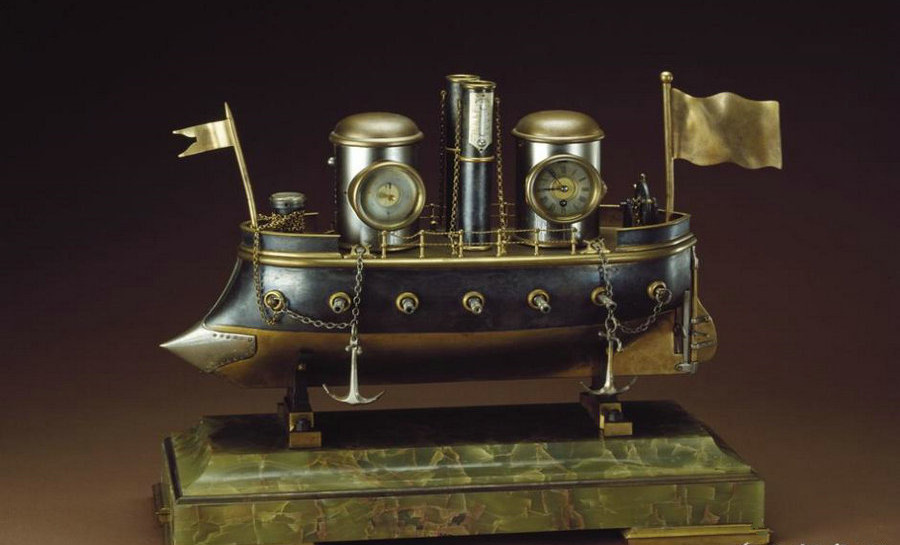
 Western science in the eyes of Chinese emperors
Western science in the eyes of Chinese emperors
 Top 10 smartphone vendors with highest shipments in Q3 2015
Top 10 smartphone vendors with highest shipments in Q3 2015
Most Viewed
Editor's Picks

|

|

|

|

|

|
Today's Top News
Shooting rampage at US social services agency leaves 14 dead
Chinese bargain hunters are changing the retail game
Chinese president arrives in Turkey for G20 summit
Islamic State claims responsibility for Paris attacks
Obama, Netanyahu at White House seek to mend US-Israel ties
China, not Canada, is top US trade partner
Tu first Chinese to win Nobel Prize in Medicine
Huntsman says Sino-US relationship needs common goals
US Weekly

|

|








